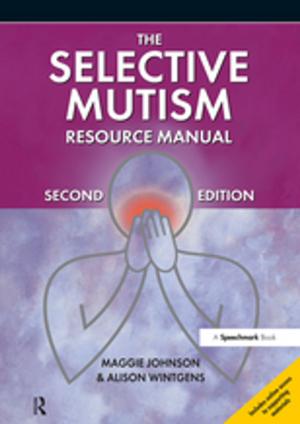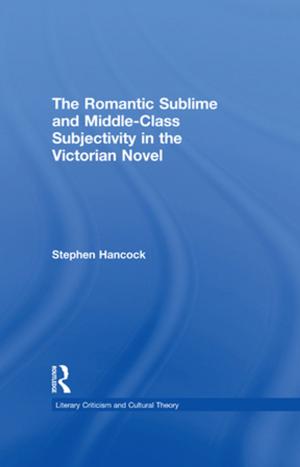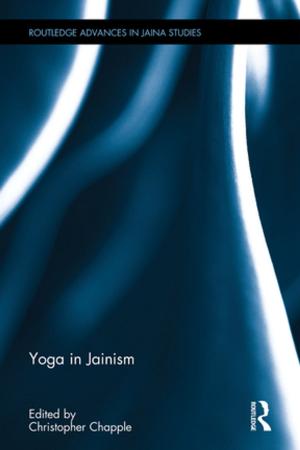A Life Adrift
Soeda Azembo, Popular Song and Modern Mass Culture in Japan
Nonfiction, Social & Cultural Studies, Social Science, Cultural Studies, Ethnic Studies, Political Science| Author: | Soeda Azembo, Michael Lewis (Translator) | ISBN: | 9781135784645 |
| Publisher: | Taylor and Francis | Publication: | November 21, 2008 |
| Imprint: | Routledge | Language: | English |
| Author: | Soeda Azembo, Michael Lewis (Translator) |
| ISBN: | 9781135784645 |
| Publisher: | Taylor and Francis |
| Publication: | November 21, 2008 |
| Imprint: | Routledge |
| Language: | English |
A Life Adrift, the memoir of balladeer-political activist Soeda Azembo (1872-1944), chronicles his life as one of Japan’s first modern mass entertainers and imparts an understanding of how ordinary people experienced and accommodated the tumult of life in prewar Japan. Azembo created enka songs sung by tenant farmers in rural hinterlands and factory hands in Tokyo and Osaka. Although his work is still largely unknown outside Japan, his poems and lyrics were so well known at his career’s peak that a single verse served as shorthand expressing popular attitudes about political corruption, sex scandals, spiralling prices, war, and love of motherland. As these categories attest, he embedded in his songs contemporary views on class conflict, gender relations, and racial attitudes toward international rivals. Ordinary people valued Azembo’s music because it was of them and for them. They also appreciated it for being distinctively modern and home-grown, qualities rare among the cultural innovations that flooded into Japan from the mid-nineteenth century. A Life Adrift stands out as the only memoir of its kind, one written first-hand by a leader in the world of enka singing.
A Life Adrift, the memoir of balladeer-political activist Soeda Azembo (1872-1944), chronicles his life as one of Japan’s first modern mass entertainers and imparts an understanding of how ordinary people experienced and accommodated the tumult of life in prewar Japan. Azembo created enka songs sung by tenant farmers in rural hinterlands and factory hands in Tokyo and Osaka. Although his work is still largely unknown outside Japan, his poems and lyrics were so well known at his career’s peak that a single verse served as shorthand expressing popular attitudes about political corruption, sex scandals, spiralling prices, war, and love of motherland. As these categories attest, he embedded in his songs contemporary views on class conflict, gender relations, and racial attitudes toward international rivals. Ordinary people valued Azembo’s music because it was of them and for them. They also appreciated it for being distinctively modern and home-grown, qualities rare among the cultural innovations that flooded into Japan from the mid-nineteenth century. A Life Adrift stands out as the only memoir of its kind, one written first-hand by a leader in the world of enka singing.















